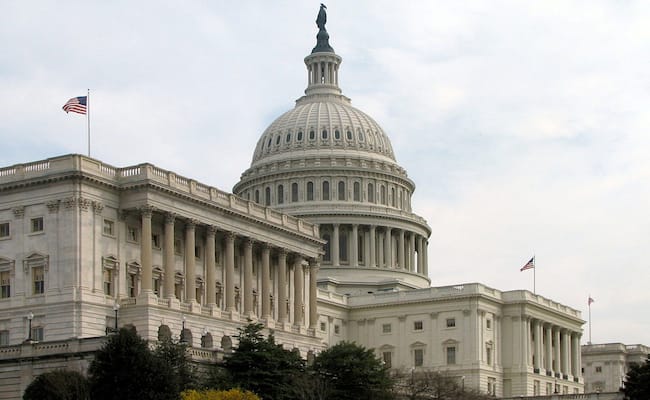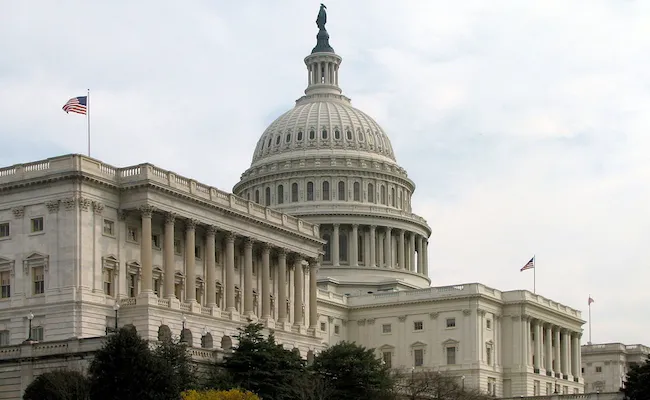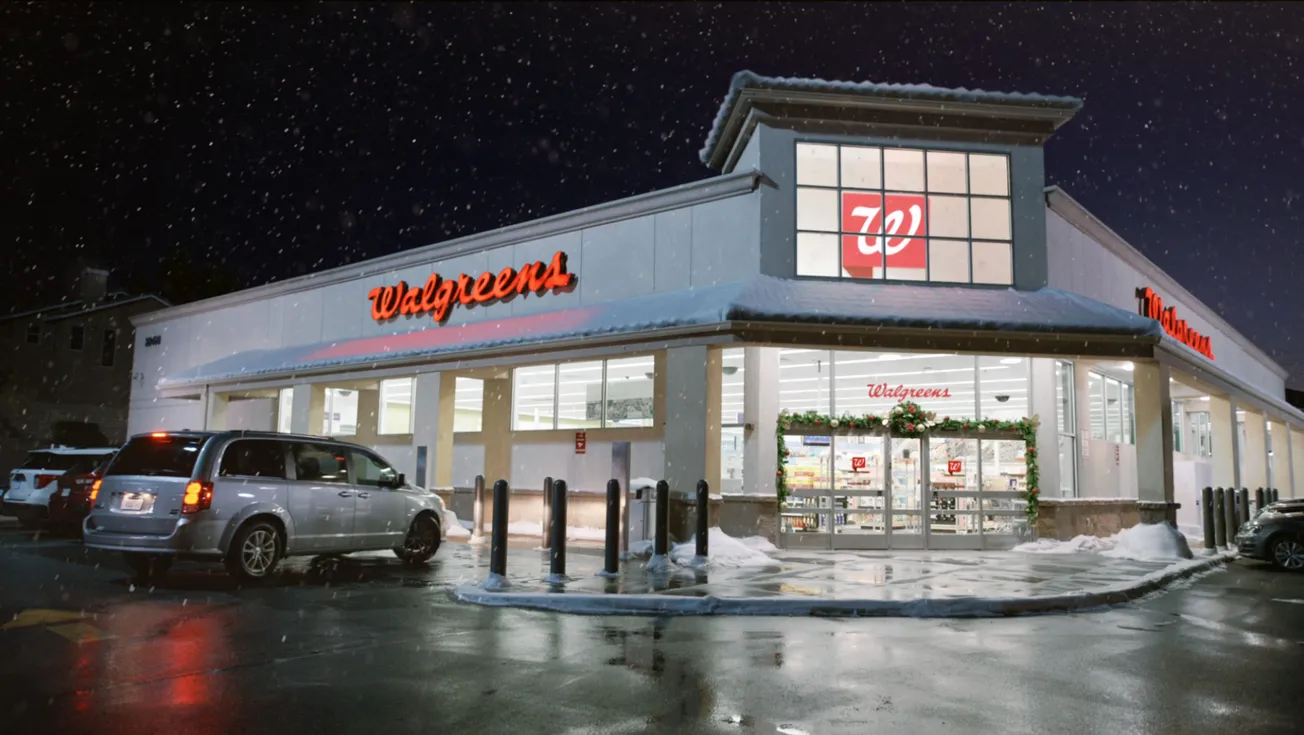ALEXANDRIA, Va. — In testimony before the U.S. House Energy and Commerce Subcommittee on Health today, pharmacist-owner Hugh Chancy urged support for draft legislation to prohibit restrictive contractual language, often referred to as “gag clauses,” that may result in patients being charged inflated prices for their medications. Chancy, who owns Chancy Drugs in Hahira, Ga., testified on behalf of the National Community Pharmacists Association and shared how the overly broad confidentiality provisions in pharmacy benefit manager contracts have impacted his relationship with patients.

“My first experience with so called gag clauses occurred in 2015 when one of my pharmacies in a rural city in southern Georgia served several patients on the city’s employer-sponsored insurance, including the city’s mayor,” Chancy testified. “The city had just changed insurance providers and many of my patients experienced a rise in their prescription co-payments. Specifically, the mayor’s copayment for one medication went from roughly $7 to $26. When I noticed this difference, I informed the mayor that it would be cheaper if he paid for his prescription off his insurance. The mayor was fortunate to have the political wherewithal to contact the right people in charge of the city’s insurance plan to complain about the changes and the oddity that paying for the prescription off insurance was a better deal. It goes without saying that other patients do not have similar avenues to voice their concerns about their prescription drug coverage.
“What happened next has become a common story,” he continued. “After the mayor contacted the plan, the plan consulted with their PBM who then issued a verbal warning to my pharmacy for talking to patients about their drug costs. The PBM stated we were in violation of our contract for disparaging the plan when we discussed the cost of a drug off insurance. We were told that if our pharmacy were to do so again, there would be consequences, including exclusion from PBM networks.”
Chancy added, “As a solution to this problem, community pharmacies need a place to point to in the law that will allow for the free flow of information between them and their patients. … Providing for the free flow of this kind of information is a step in the right direction to meaningfully address drug costs for Americans.”
Draft legislation to prohibit “gag clauses” was among several bills discussed at today’s Subcommittee on Health hearing. This draft legislation would ban group health plans offered by employers and individual health insurance plans, as well as Medicare Advantage and Medicare Part D Plans, from restricting a pharmacy’s ability to inform a customer about lower cost alternatives or payment methods. Last night, the U.S. Senate passed NCPA-supported legislation (the Know the Lowest Price Act, S. 2553) to allow pharmacists to tell Medicare Part D beneficiaries if the cash price for a prescription drug is lower than the price through their insurance coverage. The Know the Lowest Price Act was introduced by Sens. Debbie Stabenow (D, Mich.), Susan Collins (R, Maine), Claire McCaskill (D, Mo.), John Barrasso (R, Wyo.), Ron Wyden (D, Ore.) and Bill Cassidy (R, La.).
A 2016 survey conducted by NCPA found that 59% of pharmacists had encountered “gag clauses” at least 10 times during the previous month.







